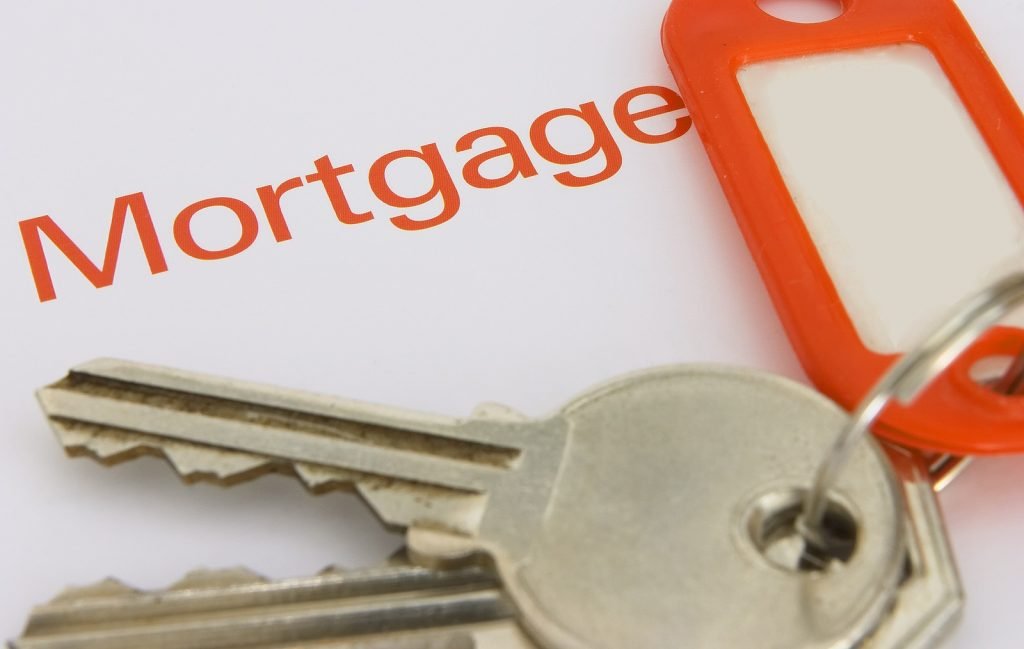What documents do I need to apply for a mortgage in Spain?
Applying for a mortgage in Spain requires a careful compilation of specific documents to ensure a smooth process. Typically, personal identification documents such as a passport or ID card are required. Proof of income, including salary statements from the last few months and possibly employment contracts, is crucial to demonstrate your financial stability.
Financial documents, including bank statements from the last few months, provide insight into your financial situation. Information about existing debts and obligations is also relevant. The bank will likely conduct a credit check, so your credit history and potential equity are important.
The valuation of the property is another key aspect. An appraisal of the estimated value of the property is needed to ensure it serves as sufficient security for the mortgage. In some cases, equity participation may also be required.
It is advisable to contact the bank early on to learn about the exact requirements. Assistance from a financial advisor can facilitate the process and ensure that all necessary documents are correctly presented. Note that the exact requirements may vary depending on the bank, and thorough preparation is crucial for a successful mortgage application in Spain.
The exact requirements for applying for a mortgage in Spain may vary depending on the bank and individual circumstances.
However, there are some basic documents that are usually needed for a mortgage application. Keep in mind that this list is not exhaustive, and you should always contact the relevant bank directly to learn about current requirements.
Here are typical documents:
- Proof of Identification:
- Passport or ID card.
- Proof of Income:
- Salary statements from the last few months.
- Employment contract or confirmation of income.
- Income tax returns from the last years.
- Financial Documents:
- Bank statements from the last few months.
- Certificate of Existing Debts:
- Information about existing loans or debts.
- Self-disclosure:
- A form filled out by you listing your financial situation, obligations, and assets.
- Property Valuation:
- An appraisal of the estimated value of the property.
- Proof of Equity:
- Information about your equity and any funds you will use for the property purchase.
- Credit Check:
- The bank will generally conduct a credit check to assess your creditworthiness.
- Insurance:
- Information about required insurances, such as life insurance or building insurance.
It is advisable to contact the bank early on to find out exactly what documents are needed for your specific case. A professional financial advisor or broker can also be helpful in facilitating the process and ensuring that you submit all necessary documents.
Notice
The content of this page and the detailed pages containing specific information have been created with the utmost care. However, this content is for informational purposes only and does not constitute legal or tax advice. For legal or tax questions, you should always consult with a qualified expert such as a lawyer or tax advisor. We assume no responsibility for the legal validity of the information provided at any given time or at a later date.
